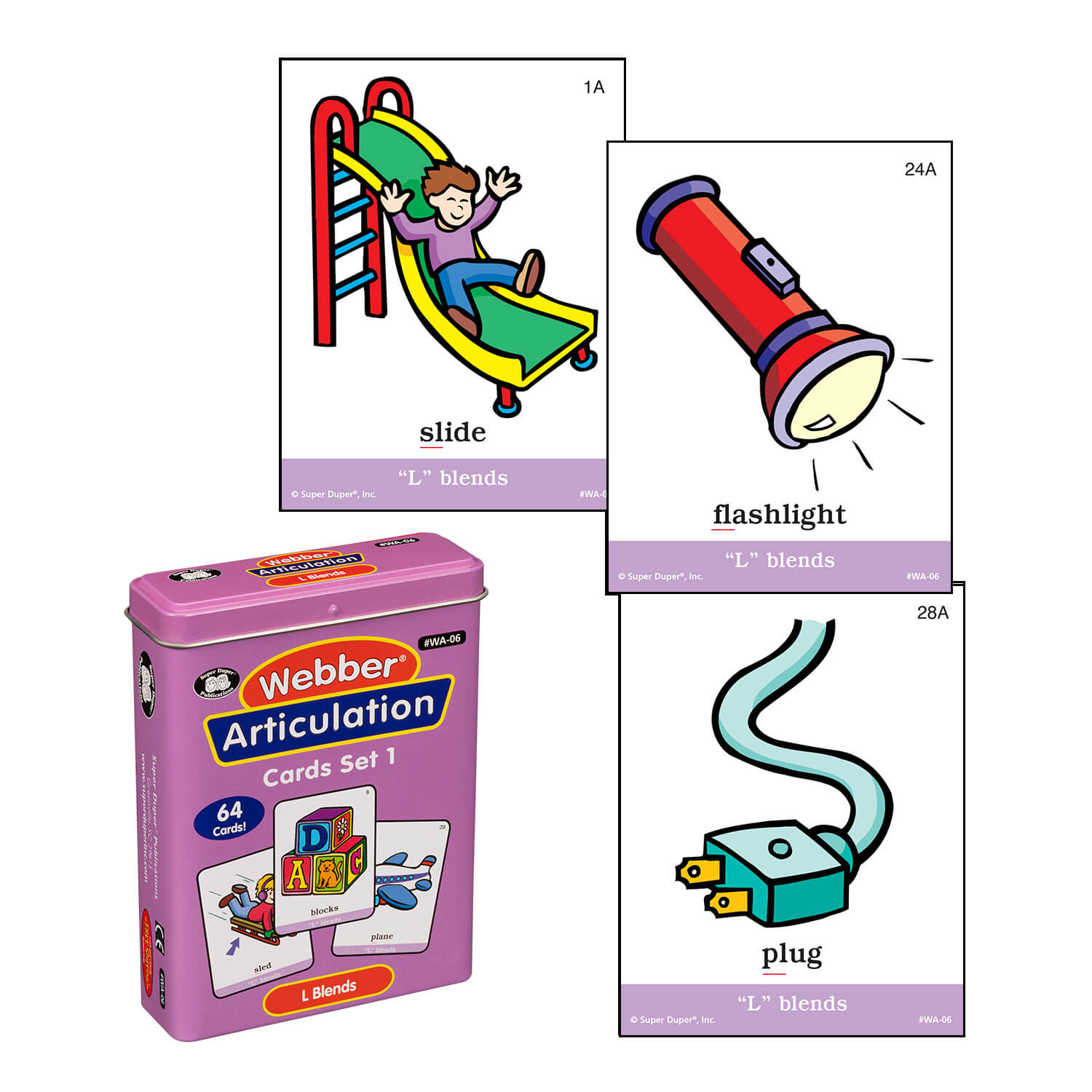by Kevin Stuckey, M.Ed., CCC-SLP and Susie S. Loraine, M.A., CCC-SLP
Why Speech-Language Therapy?
When children have difficulty with communication skills they may qualify for services from a speech-language pathologist (SLP). An SLP works with children to improve their speech and/or language skills. Frequency, length, and duration of speech/language therapy will vary according to the needs of each child. It is very important for a child to attend each session in order to make consistent progress. Therapy schedules and communication goals are specific to each child.
Importance of Not Missing Sessions
Consistent attendance in speech/language therapy sessions allows routine practice of communication skills, as well as faster progress toward therapy goals. When children do not have consistent attendance, their progress slows, and they are more likely to regress during these periods of time when they are not receiving services. When a child regresses—or loses ground—the SLP must spend important therapy time re-teaching previously taught skills instead of moving forward with a new lesson. Slowed progression or regression may result in a longer duration of speech/language therapy. That is, the child who frequently misses sessions may end up needing speech/language therapy for a longer amount of time (e.g., weeks, months, or years). It is very important not to miss scheduled therapy sessions in order to support improvement of communication skills.
Maintaining Progress with Reduced Sessions
Once a child has improved to a certain level, the SLP may begin to reduce the amount of time in speech/language therapy sessions. For example, instead of receiving direct services two times per week, a child may only receive direct services one time per week. Even with this reduction, it is important to continue to practice skills consistently. The SLP may continue to monitor progress to make sure the child is using his/her new communication skills, self-monitoring, and self-correcting when necessary. In the school setting, this may happen through classroom observations or occasional sessions in the therapy room. As well, the SLP may provide the teacher with strategies, like giving reminders or “cues” to the student throughout the day.
Following Home Plans Carefully for Carryover
As a child demonstrates progress in therapy sessions, it is important to continue to build on that success with practice at home. Parental involvement is an important factor in a child’s success toward speech/language goals. When parents help their child practice new skills at home, they are promoting generalization—or carryover—to a natural environment. The combination of direct speech/language services and home practice allows a child to maximize his/her potential. Incorporating speech/language practice into the home routine will emphasize care and dedication to a child’s education and communicative success.






















